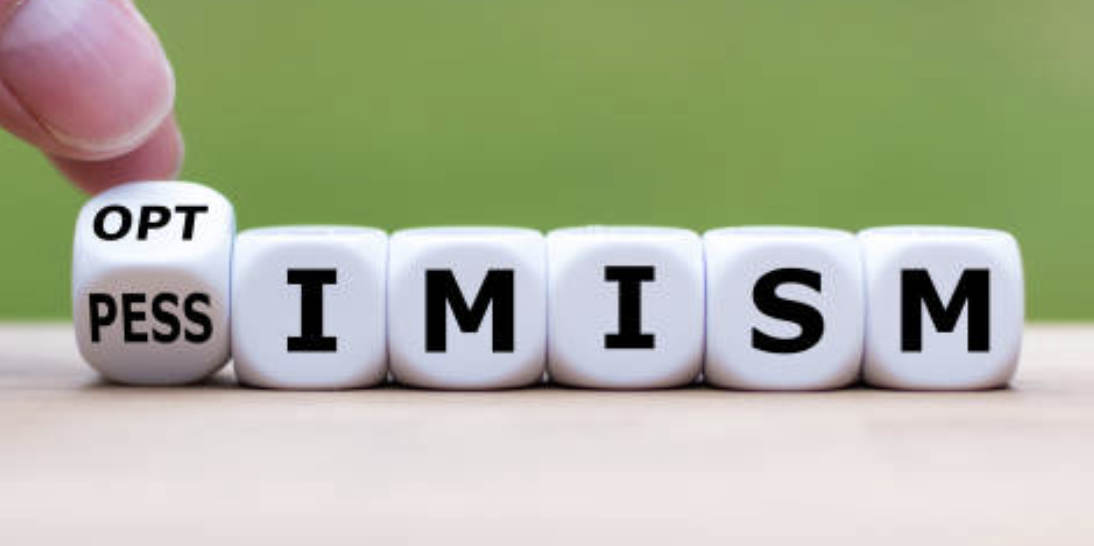
Persistent (def) – continuing to exist or endure over a prolonged period
Wall Street forecasts lack persistence. Their shelf life may only be a few weeks or months at best. 2020 was a great example; once COVID hit, existing forecasts became worthless. And this happens just about every year – excuses abound as to why the “experts” got it wrong…again.
Despite their propensity to mislead investors, forecasts are alluring because they provide an illusion of certainty. And our brain wants certainty. The problem is that we are looking for certainty in the wrong place.
My forecast is persistent because it is based on enduring investment truths and investor behavior*. The news and markets change all the time; but this forecast does not. Not only is it reliable, it’s of immense value to help investors achieve their goals.
My 2021 Forecast
In full disclosure, this is nearly identical to my forecast for 2020 and years prior to that:
- The economy/market will do something that surprises us
- Investors who watch the market often will experience more stress than those that don’t
- You will be tempted to abandon your plan at some point based on expert forecasts and/or short-term market performance
- Investor behavior (discipline vs chasing what is hot/popular) will have a significant influence on total return – and is something in your complete control
Investing is simple, but not easy. It is difficult to stick with a strategy when it is out of favor. Patience and discipline are virtues because they aren’t easy, yet they are essential for your success. As your advisor, one of my most important roles is helping you decipher the noise from what really matters for your financial success.
I wish you a prosperous, fulfilling and happy 2021. Thank you for allowing me to be your trusted partner along the journey.
– Scott
*Click to read “The Cost of Emotional Investing”
©2021 The Behavioral Finance Network. Used with permission.






